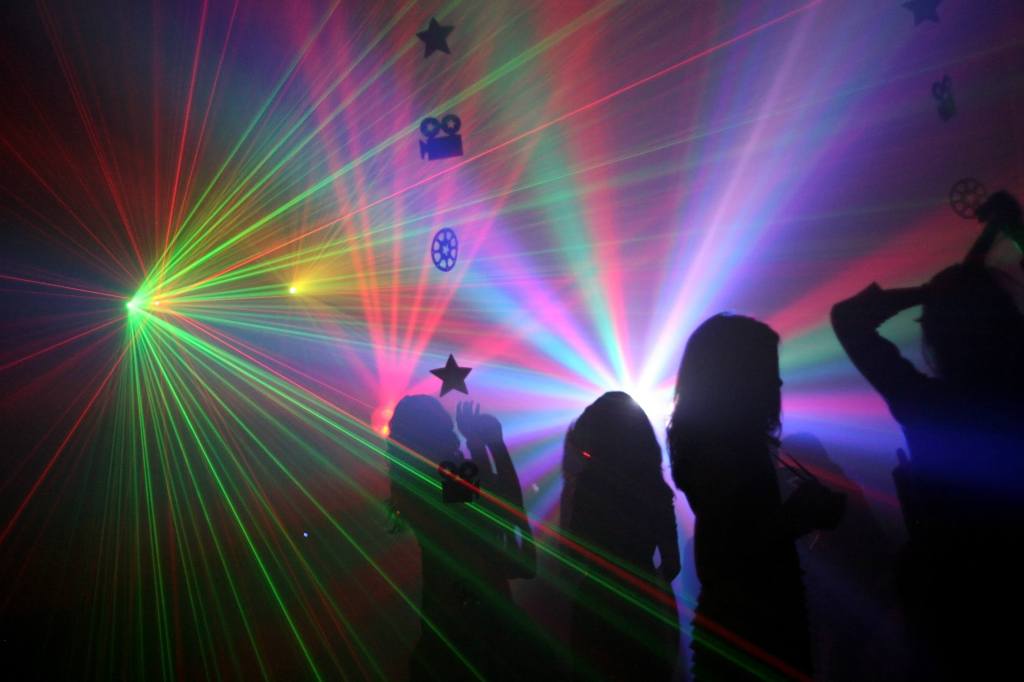Sponsor a Lighting Designer!!

There’s a letter that nearly all young, fresh-faced theatre graduates will receive at some point in their early career. I’ve received some… most set designers receive more. The letter goes like this:
Dear [Young Theatre Designer],
We are a dynamic, exciting company looking to bring together a vibrant creative team for a project in the coming weeks. Our show [Eleven Days of Sofas] is being performed in the exciting venue of [basement room of a pub in Morden] and is written, directed, produced by and starring our [award nominated director]. We are looking for a [designer of some sort] able to come aboard immediately in order to design, plot and operate our [three week run]. A candidate who can use their industry contacts to help secure for free [lights, equipment, set, furniture, props and costumes] would be ideal for us. Unfortunately, the funding for our show hasn’t yet come through, so we cannot offer you payment for your time, but we are confident that by participating in this project you will have a rewarding experience, learn a great deal from the job and add an excellent credit to your CV.
Please reply to this email within three working days, including your CV, samples of your work and a creative outline as to how you would go about lighting our piece.
Yours faithfully,
[Producer of play]
Now. Sometimes – not very often, but sometimes – this email comes from someone bright, brilliant, vivacious and genuinely worth time and effort. But as an LD, I generally don’t work for free unless two criteria have been fulfilled: either a) it’s a damn good cause or b) I think the project and the team are really cool, interesting people who fill me with confidence that they’re going to create an exciting project that’s worth my time. Certainly, when I was starting out, I did a lot of free gigs, and I was glad to, as it genuinely does boost your CV, but when picking who to work for, for free, or indeed very little money, certain questions have to be asked, and certain warning bells always, always sound.
Any letter which, as part of its run-up, asks you to provide equipment, for free, is written by a fool. Yes, theatre runs on favours, and there are people who I have, and will ask, if I can borrow equipment off in times past and yet to come. But favours are a currency all of their own, to be spent judiciously and on a worthy cause, and I try to nurture my limited collection and save them up for a rainy day. To ask a designer to blow a favour, is up to asking a designer to spend their own money, since one favour is essentially buying a budget load of kit, and any such requests should be handled delicately.
Any letter which asks for an outline of how you might light a certain piece, is potentially asking for trouble. This has only happened to a couple of times – both times I was sent a brief outline of a play, as well as a couple of scenes, and asked to explain how I’d light them. I was not sent technical specifications, set drawings or director’s comments. To not send a lighting designer tech specs, is tantamount to asking an army to Go Take That Country without first telling them where the country is. Even if you have sent tech specs, there’s a serious danger that any reader will not understand my answer. For example, if I were to say:
‘I would light the scene where Macbeth kills Duncan really darkly. It would be dark, and cold, and bleak,’ is very understandable and plain, and also obvious and patronising gobbledegook. Because how else are you going to light it? Moroccan holiday? However, to add: ‘What I think would be most effective would be the use of narrow-beam toplight parcans in L201 contrasting with very low angle tungsten birdies which never exceed about 40%, rising on a slow fade time but dipping faster than the up, perhaps augmented by 45 degree backlight in maybe L701 on full flood but low intensity to add filament warmth through the gel, with a dribble of haze in the air for thickness…’ – might well be more accurate and true, but a surprisingly large number of directors hearing those words tend to immediately acquire that special face known as ‘nod and smile at the lighting designer’.
The other problem with this question, is that lighting does not exist in a vacuum. Take Jekyll and Hyde the Musical – set in Victorian London, the relentless key changes and dubious rhyming slang suggested a foggy vision of London streets that was blown apart on the very first meeting with the director and set designer, who updated it to a crisp, modern, CCTV-glowering urban feast. However, even if a director’s opinion is offered, the other problem you frequently run into when tackling this dubious question, is this: producers don’t always like your answer. For example, I once did a job interview where I was asked if it was possible to create various effects within a play, and having seen both set designs (there was no set) and tech specs (there was barely any tech) I had to admit that, frankly, after lighting the stage and ensuring enough kit was in the rig to create scenic atmosphere, it would be a miracle if I had anything left over to achieve what they wanted, unless they were willing to spend money on bringing in extra resources. They were not. I did not get the job. Now, sometimes when a designer says no, it is because they can’t be bothered. But say what you will for lighting, when you’ve only got three bulbs and a long stick, there’s only so much you can do…
Other phrases at which alarm bells go off include ‘learn a great deal from the job’ as it implies a) that the production company assume you are less knowledgeable than you are and b) that quite possibly the whole enterprise is less savvy than you might have hoped. Sure, theatre should teach people, you are always learning on the job, but at the level of designer, director and lighting designer, you really don’t want anything short of on-it professionalism. I also personally dislike it when I’m told that ‘funding hasn’t yet come through’ as this is usually a rather silly way of saying ‘there’s no cash and no chance of cash’, which truth I think it’s far more honest to lay out flat.
I personally get very, very alarmed when the director, writer, producer and, god help us, even worse, lead actor, are the same person. Don’t get me wrong, sometimes it works. The director of the Dark Room was both director, and writer, and producer, and added to that, a genuinely talented and lovely bloke. But! It takes one of two things to pull all these roles together into one – either fantastic talent, ability, savvy and skill or terrifying ego. There is a reason why every one of these jobs is a specialist role, and again, to go back to our military metaphor, it is rather akin to asking the special forces guy to fix that tank.
I should add at this junction that fringe-theatre is vastly under-funded, full of talent and genuinely does need people, on occasion, to work for free. I understand this; everyone understands this, and for a good cause, most people are willing to give up time and energy to do a damn good job in tight circumstances, despite the fact that the good job being done comes with incredibly specialist, hard-to-find skills. But here is the ultimate, ultimate lesson: if you have to ask someone to work for you, for free, you are not doing them a favour. They are doing one for you.





